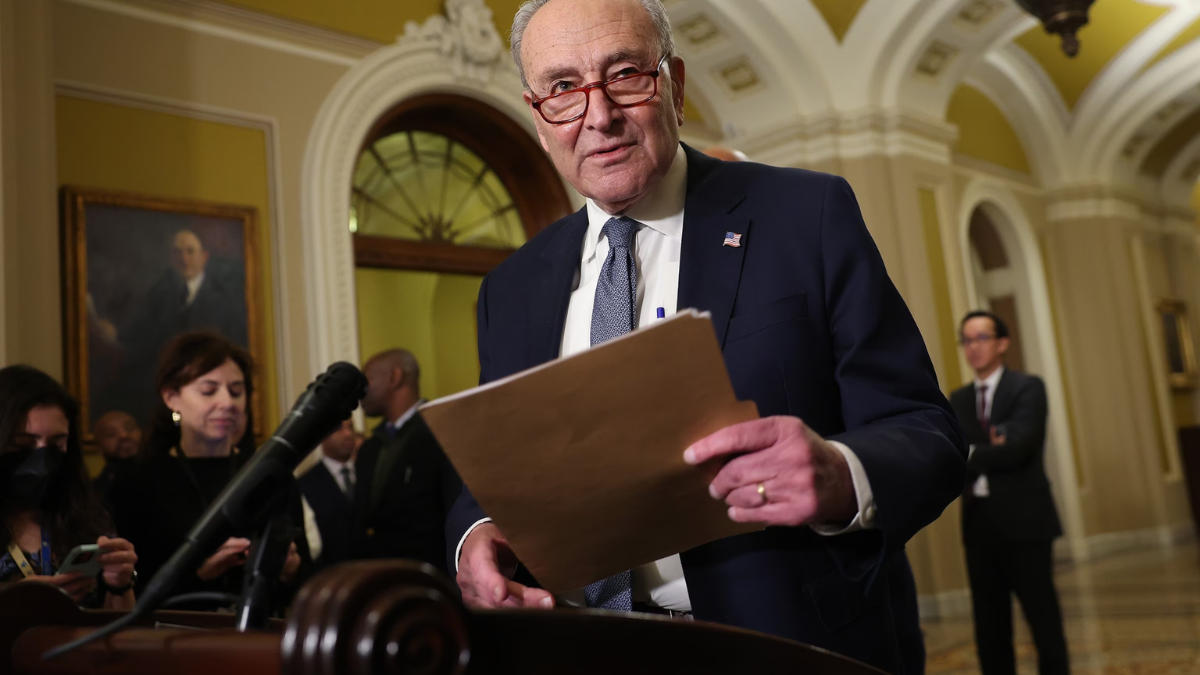The Senate has officially passed the Social Security Fairness Act, a landmark piece of legislation aimed at addressing long-standing inequities in Social Security benefits for public sector employees. This bipartisan initiative has been years in the making and seeks to repeal two controversial provisions: the Windfall Elimination Provision (WEP) and the Government Pension Offset (GPO).
What Are the WEP and GPO?
The Windfall Elimination Provision (WEP) reduces Social Security benefits for individuals who receive a pension from non-covered employment, such as many state and local government jobs. Similarly, the Government Pension Offset (GPO) affects spousal and survivor benefits, often leaving beneficiaries with significantly reduced payouts—or none at all.
These provisions were introduced to prevent so-called “double-dipping,” where individuals could collect full Social Security benefits and a public pension. However, critics argue that they disproportionately penalize public workers like teachers, police officers, and firefighters.
Key Provisions of the Act
The Social Security Fairness Act aims to:
- Repeal the WEP and GPO: Fully eliminate both provisions, allowing affected workers to receive the Social Security benefits they’ve earned.
- Provide Retroactive Relief: While details are still under review, some beneficiaries may be eligible for back payments.
- Protect Future Workers: Ensure that public employees entering the workforce are not subjected to these reductions.
Who Benefits from the Act?
The legislation could impact millions of public workers and retirees across the United States, particularly those in states where public employees do not participate in Social Security. Beneficiaries include:
- Retired educators who have faced reduced retirement income.
- Law enforcement officers and first responders reliant on public pensions.
- Spouses and widows affected by reduced survivor benefits.
What’s Next?
With Senate approval, the bill now moves to the House of Representatives, where it must also pass before being sent to the President’s desk for signature. While the Senate’s bipartisan support bodes well, advocates are urging swift action to ensure the law’s enactment.
Broader Implications
Passage of the Social Security Fairness Act marks a significant step toward ensuring equitable treatment for public servants. Advocates see it as a correction of decades-old policies that have unfairly penalized certain workers. Critics, however, warn of the potential financial strain on the Social Security trust fund and call for broader reforms to sustain the system for future generations.
For more details on the Social Security Fairness Act and its potential impact, visit the Senate’s official website.
Note: Every piece of content is rigorously reviewed by our team of experienced writers and editors to ensure its accuracy. Our writers use credible sources and adhere to strict fact-checking protocols to verify all claims and data before publication. If an error is identified, we promptly correct it and strive for transparency in all updates.








